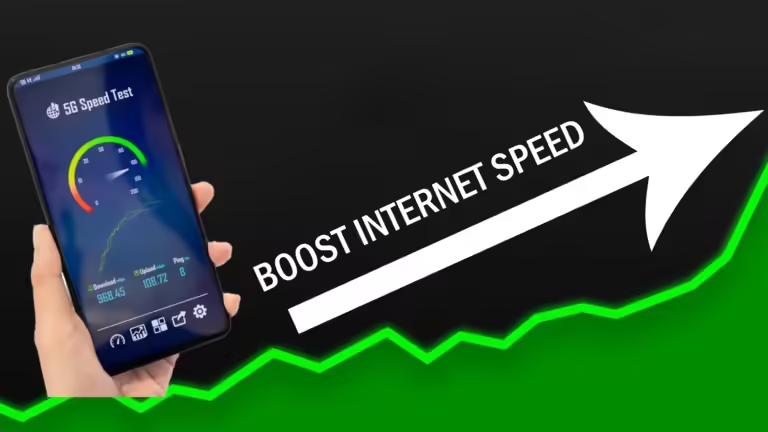Is Your VPN Crushing Your Internet Speeds? Here Are 7 Tips On How to Fix It!
In today’s digital age, privacy and security are paramount, and many users turn to Virtual Private Networks (VPNs) to safeguard their online activities.
However, while VPNs excel at protecting your data, they often come with a significant downside: a noticeable reduction in internet speeds.
If you’ve ever experienced frustrating lag while streaming your favorite show or missed out on a crucial gaming victory due to slow connections, you’re not alone.
Fortunately, there are several strategies you can implement to optimize your VPN performance and reclaim your internet speed. Let’s dive into these actionable tips!
Understanding the Speed Trade-Off
When you connect to a VPN, your internet traffic is encrypted and routed through a remote server.
This process, while essential for maintaining your privacy, can lead to slower speeds due to the extra time needed for encryption and the longer distance your data must travel.
While a speed drop may be negligible for casual browsing, it can severely impact data-heavy activities like gaming, streaming, or video conferencing.
A delay of just a few milliseconds can mean the difference between winning and losing in an online game, or experiencing buffering while watching a movie.
7 Ways to Improve Your VPN Speeds
1. Connect to a Nearby Server
The simplest way to boost your VPN speed is to connect to a server closer to your physical location. The shorter the distance your data has to travel, the faster your connection will be.
For instance, if you’re in Los Angeles, connecting to a server in San Francisco or Las Vegas will generally yield better speeds than one located in London.
Many VPNs offer built-in speed tests to help you find the optimal server.
2. Avoid Overloaded Servers
VPN servers can become crowded, leading to slower speeds. Some VPN providers display the current load on their servers within their apps or websites.
If you notice a server is overloaded, switch to one with fewer users. If your provider doesn’t show server load, try connecting to different servers to see which offers the best performance.
3. Switch VPN Protocols
VPN protocols dictate how your connection is established and can significantly affect speed.
While OpenVPN is widely regarded for its balance of speed and security, newer protocols like WireGuard or proprietary options like ExpressVPN’s Lightway may provide faster speeds.
If you prefer sticking with OpenVPN, opt for UDP instead of TCP, as UDP generally offers better speeds by sending data packets without waiting for acknowledgment.
4. Enable Split Tunneling
If your VPN provider offers a split-tunneling feature, take advantage of it. This allows you to route only specific traffic through the VPN while letting other activities use your regular internet connection.
For example, you can stream content through the VPN while gaming without the added latency. This can significantly enhance your overall internet experience.
5. Use a Wired Connection
A wired connection is usually faster and more stable than Wi-Fi. With multiple devices often competing for bandwidth on a wireless network, switching to a direct Ethernet connection can alleviate this issue.
If you have the necessary equipment, connect your computer directly to your router for improved speeds.
6. Close Unnecessary Background Apps
Background applications can consume valuable system resources and slow down your connection. Check for any apps running that you’re not actively using and close them. This simple step can help free up bandwidth and improve your VPN performance.
7. Restart Your Router and Devices
Sometimes, a fresh start is all you need. Regularly rebooting your router and devices can clear up memory and resolve connectivity issues. It’s a classic tech solution for a reason—turn it off and on again, and you might be surprised at the improvement in your VPN speeds.
Conclusion: Reclaim Your Internet Speed!
While using a VPN is crucial for protecting your online privacy, it doesn’t have to mean sacrificing your internet speed.
By implementing these strategies, you can optimize your VPN connection and enjoy a smoother, faster online experience.
Whether you’re streaming your favorite series, engaging in intense gaming sessions, or participating in important video calls, these tips will help you get the most out of your VPN.
So, take a moment to adjust your settings and experience the difference—your internet speed will thank you!









